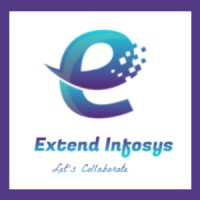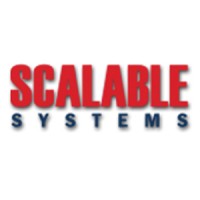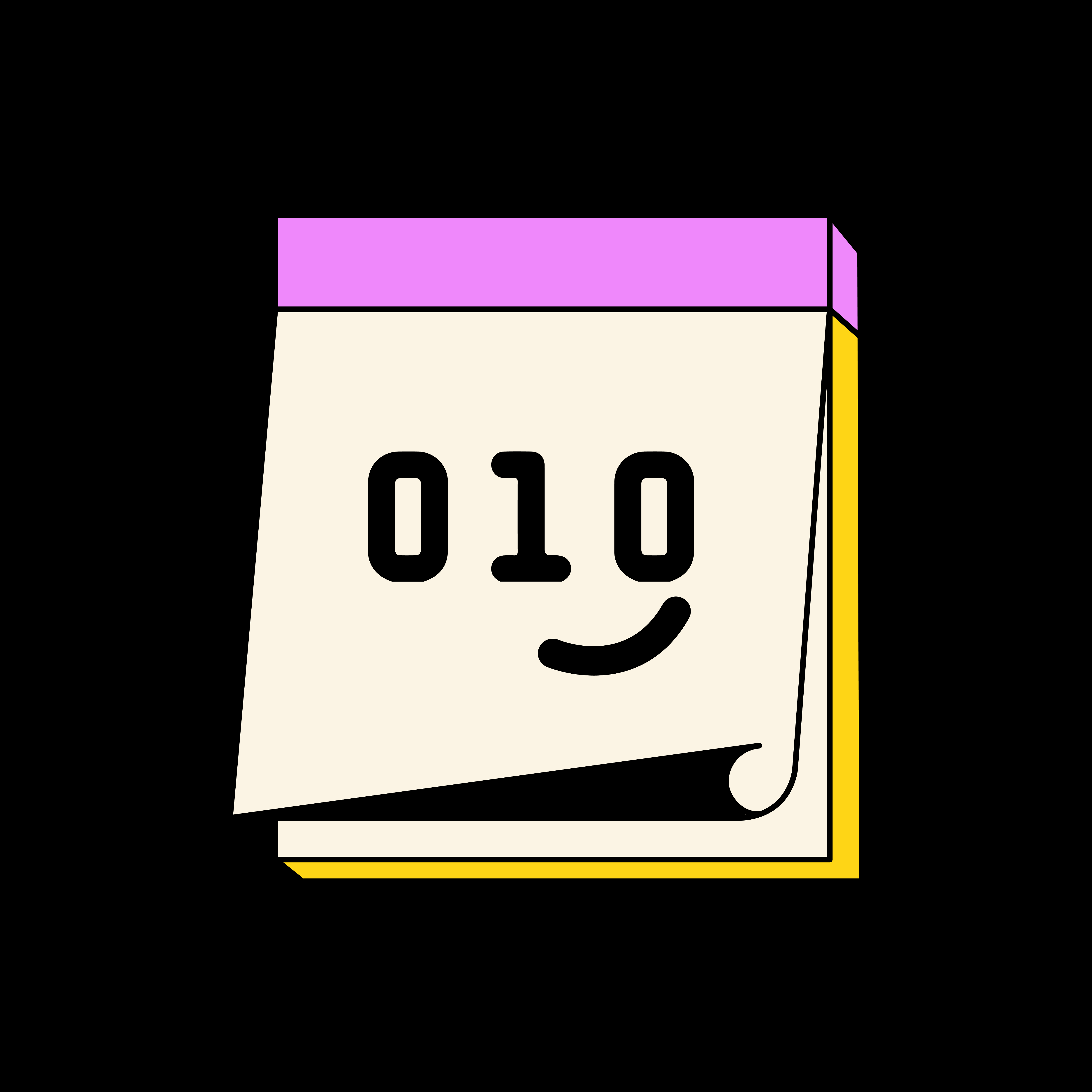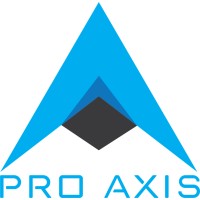

Extend Information Systems Inc.
Palantir Foundry Engineer
⭐ - Featured Role | Apply direct with Data Freelance Hub
This role is for a Palantir Foundry Engineer in Nashville, TN, with a contract length of "unknown" and a pay rate of "unknown." Requires 7+ years in data engineering, 4+ years in Palantir Foundry, strong SQL and PySpark/Scala skills, and expertise in data governance.
🌎 - Country
United States
💱 - Currency
$ USD
-
💰 - Day rate
Unknown
-
🗓️ - Date
November 13, 2025
🕒 - Duration
Unknown
-
🏝️ - Location
On-site
-
📄 - Contract
Unknown
-
🔒 - Security
Unknown
-
📍 - Location detailed
Nashville, TN
-
🧠 - Skills detailed
#MS SQL (Microsoft SQL Server) #Data Governance #Cloud #Palantir Foundry #GIT #Data Engineering #PySpark #Scala #Data Quality #Observability #Storage #Strategy #Documentation #GCP (Google Cloud Platform) #Prometheus #SQL (Structured Query Language) #AWS (Amazon Web Services) #Azure #Datadog #Code Reviews #"ETL (Extract #Transform #Load)" #Datasets #Security #Spark (Apache Spark) #Automation #Kafka (Apache Kafka)
Role description
Job Title: Palantir Foundry Engineer
Location: Nashville, TN
Job Description
Hands-on Foundry specialist who can design ontology-first data products, engineer high-reliability pipelines, and operationalise them into secure, observable, and reusable building blocks used by multiple applications (Workshop/Slate, AIP/Actions). You’ll own the full lifecycle: from raw sources to governed, versioned, materialised datasets wired into operational apps and AIP agents.
Core Responsibilities
Ontology & Data Product Design:
Model Object Types, relationships, and semantics; enforce schema evolution strategies; define authoritative datasets with lineage and provenance.
Pipelines & Materialisations:
Build Code Workbook transforms (SQL, PySpark/Scala), orchestrate multi-stage DAGs, tune cluster/runtime parameters, and implement incremental + snapshot patterns with backfills and recovery.
Operationalization:
Configure schedules, SLAs/SLOs, alerts/health checks, and data quality tests (constraints, anomaly/volume checks); implement idempotency, checkpointing, and graceful retries.
Governance & Security:
Apply RBAC, object-level permissions, policy tags/PII handling, and least-privilege patterns; integrate with enterprise identity; document data contracts.
Performance Engineering:
Optimise joins/partitions, caching/materialization strategies, file layout (e.g., Parquet/Delta), and shuffle minimisation; instrument runtime metrics and cost models.
Data Engineering & SDLC:
Use Git-based code repos, branching/versioning, code reviews, unit/integration tests for transforms; template patterns for reuse across domains.
Observability & Alerting:
Expose metrics/dashboards to Workshop/Slate apps via Actions and AIP agents to governed datasets; publish clean APIs/feeds to downstream systems.
Reliability & Incident Response:
Own on-call for data products, run RCAs, create runbooks, and drive preventive engineering.
Documentation & Enablement:
Produce playbooks, data product specs, and runbooks; mentor engineers and analysts on Foundry best practices.
Required Qualifications
• 7+ years in data engineering/analytics engineering with 4+ years of hands-on Palantir Foundry at scale.
• Deep expertise in Foundry Ontology, Code Workbooks, Pipelines, Materialisations, Lineage/Provenance, and object permissions.
• Strong SQL and PySpark/Scala in Foundry; comfort with UDFs, window functions, and partitioning/bucketing strategies.
• Proven operational excellence: SLAs/SLOs, alerts, data quality frameworks, backfills, rollbacks, blue/green or canary data releases.
• Frequent Git, CI/CD for Foundry code repos, test automation for transforms, and environment promotion.
• Hands-on with cloud storage & compute (AWS/Azure/GCP), file formats (Parquet/Delta), and cost/perf tuning.
• Strong grasp of data governance (PII, masking, policy tags) and security models within Foundry.
Nice to Have
• Building Workshop/Slate UX tied to ontology objects; authoring Actions and integrating AIP use cases.
• Streaming/event ingestion patterns (e.g., Kafka/Kinesis) are materialised into curated datasets.
• Observability stacks (e.g., Datadog/CloudWatch/Prometheus) for pipeline telemetry; FinOps/cost governance.
• Experience establishing platform standards: templates, code style, testing frameworks, and domain data product catalogues.
Success Metrics (90–180 Days)
• 99.5% pipeline success rate, with documented SLOs and active alerting.
• <20% runtime/cost reduction via optimisation and materialisation strategy.
• Zero P1 data incidents and <4h MTTR with playbooks and automated remediation.
• 3+ reusable templates (ETL, CDC, enrichment) adopted by partner teams.
• Ontology coverage for priority domains with versioned contracts and lineage.
Example Work You’ll Own
• Stand up incremental CDC pipelines with watermarking & late-arrivals handling; backfill historical data safely.
• Define a business-ready ontology for a domain and wire it to Workshop apps and AIP agents that trigger Actions.
• Implement DQ gates (null/dup checks, distribution drift) that fail fast and auto-open incidents with context.
• Build promotion workflows (dev → staging → prod) with automated tests on transforms and compatibility checks for ontology changes.
Job Title: Palantir Foundry Engineer
Location: Nashville, TN
Job Description
Hands-on Foundry specialist who can design ontology-first data products, engineer high-reliability pipelines, and operationalise them into secure, observable, and reusable building blocks used by multiple applications (Workshop/Slate, AIP/Actions). You’ll own the full lifecycle: from raw sources to governed, versioned, materialised datasets wired into operational apps and AIP agents.
Core Responsibilities
Ontology & Data Product Design:
Model Object Types, relationships, and semantics; enforce schema evolution strategies; define authoritative datasets with lineage and provenance.
Pipelines & Materialisations:
Build Code Workbook transforms (SQL, PySpark/Scala), orchestrate multi-stage DAGs, tune cluster/runtime parameters, and implement incremental + snapshot patterns with backfills and recovery.
Operationalization:
Configure schedules, SLAs/SLOs, alerts/health checks, and data quality tests (constraints, anomaly/volume checks); implement idempotency, checkpointing, and graceful retries.
Governance & Security:
Apply RBAC, object-level permissions, policy tags/PII handling, and least-privilege patterns; integrate with enterprise identity; document data contracts.
Performance Engineering:
Optimise joins/partitions, caching/materialization strategies, file layout (e.g., Parquet/Delta), and shuffle minimisation; instrument runtime metrics and cost models.
Data Engineering & SDLC:
Use Git-based code repos, branching/versioning, code reviews, unit/integration tests for transforms; template patterns for reuse across domains.
Observability & Alerting:
Expose metrics/dashboards to Workshop/Slate apps via Actions and AIP agents to governed datasets; publish clean APIs/feeds to downstream systems.
Reliability & Incident Response:
Own on-call for data products, run RCAs, create runbooks, and drive preventive engineering.
Documentation & Enablement:
Produce playbooks, data product specs, and runbooks; mentor engineers and analysts on Foundry best practices.
Required Qualifications
• 7+ years in data engineering/analytics engineering with 4+ years of hands-on Palantir Foundry at scale.
• Deep expertise in Foundry Ontology, Code Workbooks, Pipelines, Materialisations, Lineage/Provenance, and object permissions.
• Strong SQL and PySpark/Scala in Foundry; comfort with UDFs, window functions, and partitioning/bucketing strategies.
• Proven operational excellence: SLAs/SLOs, alerts, data quality frameworks, backfills, rollbacks, blue/green or canary data releases.
• Frequent Git, CI/CD for Foundry code repos, test automation for transforms, and environment promotion.
• Hands-on with cloud storage & compute (AWS/Azure/GCP), file formats (Parquet/Delta), and cost/perf tuning.
• Strong grasp of data governance (PII, masking, policy tags) and security models within Foundry.
Nice to Have
• Building Workshop/Slate UX tied to ontology objects; authoring Actions and integrating AIP use cases.
• Streaming/event ingestion patterns (e.g., Kafka/Kinesis) are materialised into curated datasets.
• Observability stacks (e.g., Datadog/CloudWatch/Prometheus) for pipeline telemetry; FinOps/cost governance.
• Experience establishing platform standards: templates, code style, testing frameworks, and domain data product catalogues.
Success Metrics (90–180 Days)
• 99.5% pipeline success rate, with documented SLOs and active alerting.
• <20% runtime/cost reduction via optimisation and materialisation strategy.
• Zero P1 data incidents and <4h MTTR with playbooks and automated remediation.
• 3+ reusable templates (ETL, CDC, enrichment) adopted by partner teams.
• Ontology coverage for priority domains with versioned contracts and lineage.
Example Work You’ll Own
• Stand up incremental CDC pipelines with watermarking & late-arrivals handling; backfill historical data safely.
• Define a business-ready ontology for a domain and wire it to Workshop apps and AIP agents that trigger Actions.
• Implement DQ gates (null/dup checks, distribution drift) that fail fast and auto-open incidents with context.
• Build promotion workflows (dev → staging → prod) with automated tests on transforms and compatibility checks for ontology changes.






